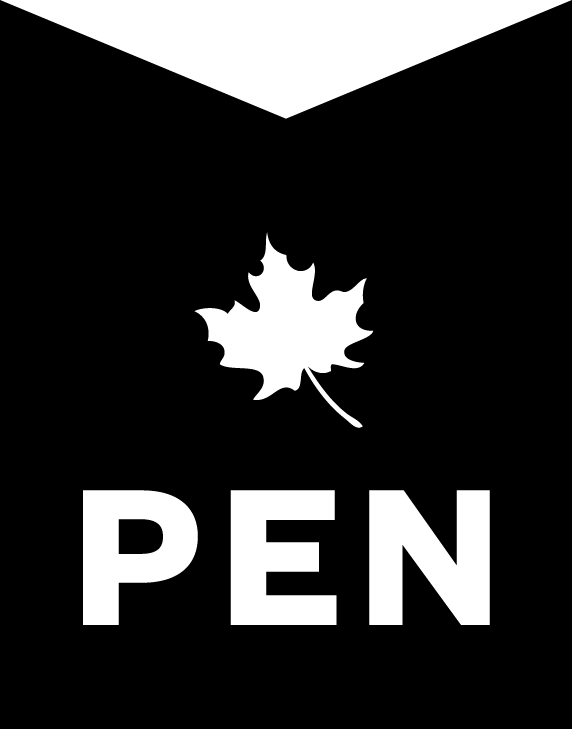Canadian Issues
Acting on our mandate, PEN has a long history of fighting censorship in Canada. Our current focuses include book bans, digital transnational repression and online harms.
Book Banning and Book Challenges
In 2024, PEN International raised concerns about a worldwide surge in book bans in such countries as Belarus, Brazil, China, Hungary, the Russian Federation, Türkiye and the USA.This trend has been particularly evident within the USA where PEN America has documented more than 10,000 instances of book bans in public schools since 2021. Most of the targeted books address racism, sexuality, gender, or history. Many of them are written by Canadians.
To combat the issue at home, PEN Canada has participated in several public discussions, including the Ontario Library Association’s 2024 Freedom to Read Week panel “Shelf Control” and the 2024 Hugh MacLennan Lecture, “Book Bans and their Impact on Canadian Communities.” Whether it be bad faith challenges, presumption of access, or how to support intellectual freedom without bringing harm to marginalized communities, book bans are impacting Canadian communities.
Digital Transnational Repression
Digital Transnational Repression (DTR) is the use of digital technologies by a state as a means to silence or stifle dissent from abroad.
Authoritarian regimes use DTR to discredit, smear, undermine, harass, and/or threaten dissidents and activists – many of whom are writers or journalists – who have fled to other countries. These digital attacks can last for years and involve the use of disinformation and the weaponization of technologies that were meant to foster transparency and accountability.
PEN Canada has published an annual report on DTR, partnered on research studies, participated in roundtable discussions and recommendations, and interviewed writers and journalists who have been targeted within Canada.
Read our reports
• Digital Transnational Repression: Annual Report 2023 • Not Just Words: How reputational attacks harm journalists and undermine press freedomOnline Harms
Navigating freedom of expression issues in online environments presents complex problems which require nuanced solutions.
In early 2024, a long-awaited online harms bill was introduced in Parliament. PEN Canada’s Canadian and Legal Affairs Committee is monitoring the Canadian government’s efforts to institute legislation against misinformation and online harms. PEN also monitors Canadian legislation on online harms through its membership with Toronto Metropolitan University’s Center for Free Expression’s Online Harms Network.
Subscribe for updates about PEN Canada’s work to defend free expression.

